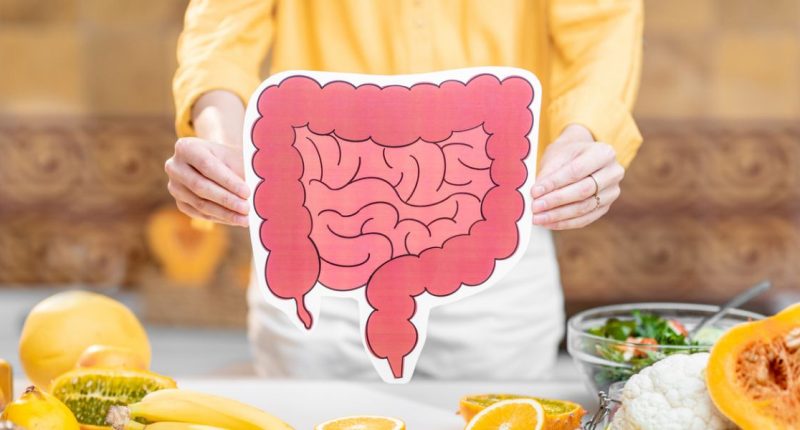Individuals with good gut bacteria are more likely to handle stress better than those with bad gut bacteria, a new study has shown.
Scientists from California have found that people with a higher resilience to stress had a lower inflammation and a stronger gut bacteria compared to those with a lower resilience.
More than 100 people without mental health conditions took part in the trial by filling in diet questionnaires, providing stool samples and undergoing MRI scans.
- Cranberry extract can boost microbiota and help to prevent chronic diseases
- Autism and ADHD can be caused by early gut microbiota disturbances
- Microplastics and cardiovascular disease link identified
The research results have demonstrated that healthy gut bacteria is associated with better stress levels.
In the future, gut bacteria could be used to improve an individual’s mental health care, the study has reported.
Lead author Dr Arpana Gupta said: “If we can identify what a healthy resilient brain and microbiome look like, then we can develop targeted interventions to those areas to reduce stress.”
Each participant filled in a survey to outline their resiliency on a scale from zero (not true at all) to four (true nearly all the time).
People with a higher score were better at handling stress and responding to adversity.
The total score consisted of several factors: personal competence, accepting change, high standards and tenacity, trust in one’s instincts, tolerance of negative outcomes and stress, and securing relationships, control, and spiritual influence.
Those in the high resiliency group were better at regulating their emotions, less prone to judgment and less likely to feel anxious and depressed compared to the participants who were less resilient.
- Microbiome: small changes in sleep patterns linked to harmful gut bacteria
- Study shows gut microbiome can trigger arthritis
- Binge drinking in youth linked to changes in gut microbiome
Dr Gupta said: “Resilience truly is a whole-body phenomenon that not only affects your brain but also your microbiome and what metabolites that it is producing.”
Joint author Dr Desiree Delgadillo said: “We have this whole community of microbes in our gut that excludes these therapeutic properties and biochemicals, so I’m looking forward to building upon this research.”
The researchers concluded: “Future studies should also include participants with mental health conditions like depression and PTSD, and more research is needed in general to confirm the findings.”
Read the study in the journal Nature Mental Health.




